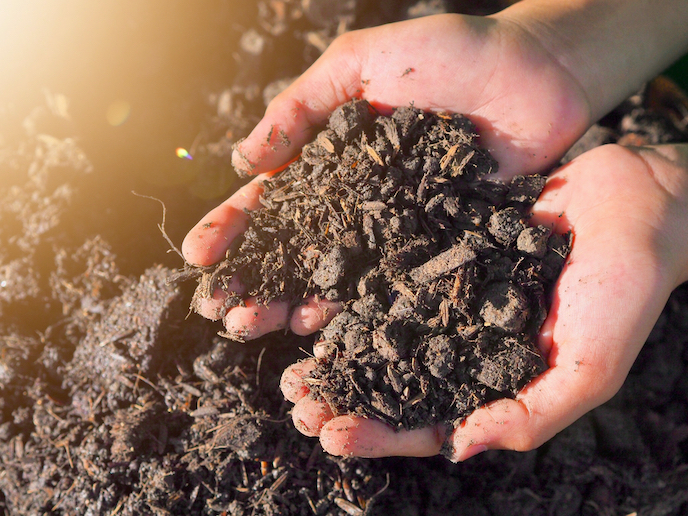An innovative approach to digestate management
The use of anaerobic digestion (AD), the biological breakdown of organic material by micro-organisms, is on the rise. This is because AD produces biogas, a sustainable, methane-rich gas that can be used as a fuel and in fertiliser. The problem is AD also produces a large amount of nutrient waste called digestate, the disposal of which can be problematic as it needs to be spread on fields or disposed of via wastewater treatment plants. The EU-funded ADFU (Novel anaerobic digestion fertiliser unit) project is helping to overcome this challenge by advancing a novel digestate technology. “We are working on converting AD waste liquor into a low-cost granular fertiliser that can be easily stored and transported,” says Quinton Fivelman, CEO at ADFerTech(opens in new window), a Northern Ireland based fertiliser technology company. “After conversion, this liquid is low in nutrients and of organic quality, meaning it has a long storage life and can be readily disposed of via wastewater or discharged into bodies of water.”
Filling a market gap
With EU funding, ADFerTech fully assessed the technical feasibility and market potential of several digestate management applications. Work included conducting in-depth interviews with key market players, testing a prototype for scaling up the technology, reviewing the market, and creating a strategy for commercialisation. “This grant was essential to improving our understanding of the market by investigating the various drivers and barriers that exist in the AD market,” explains Fivelman. According to Fivelman, the ADFU project revealed a significant gap in the market – and one that ADFerTech is well-positioned to fill. “The AD plants used by the organic waste AD sector are often built in industrial zones and thus lack access to land where they can spread digestate or space to build digestate storage facilities,” he says. “Because there is a strong market need for our technology within the commercial organic waste AD sector, this is where we will focus our marketisation efforts.”
The holy grail of digestate technologies
Through the ADFU project, ADFerTech confirmed that its innovative approach to digestate management, which uses a novel method of nutrient recovery, is suited to a wide range of markets and industrial applications. “We were repeatedly told that our device’s ability to recover valuable nutrients in one cost-effective process – while creating an easily managed, value-added end product and supporting a green economy – is the ‘holy grail’ of digestate technologies,” adds Fivelman. To capitalise on this potential, the company is now scaling up the ADFerTech unit to allow for the processing of digestate volumes several orders of magnitude beyond current capabilities. They are also busy developing a business innovation plan that incorporates a detailed commercialisation strategy – a key component in an upcoming fundraising effort. “With demand for biological waste to energy plants growing, the market is becoming increasingly competitive,” adds Fivelman. “Thanks to the support of EU funding, ADFerTech is well-positioned to compete globally, with the aim of having our device fitted onto every AD plant across Europe and, eventually, the world.”







